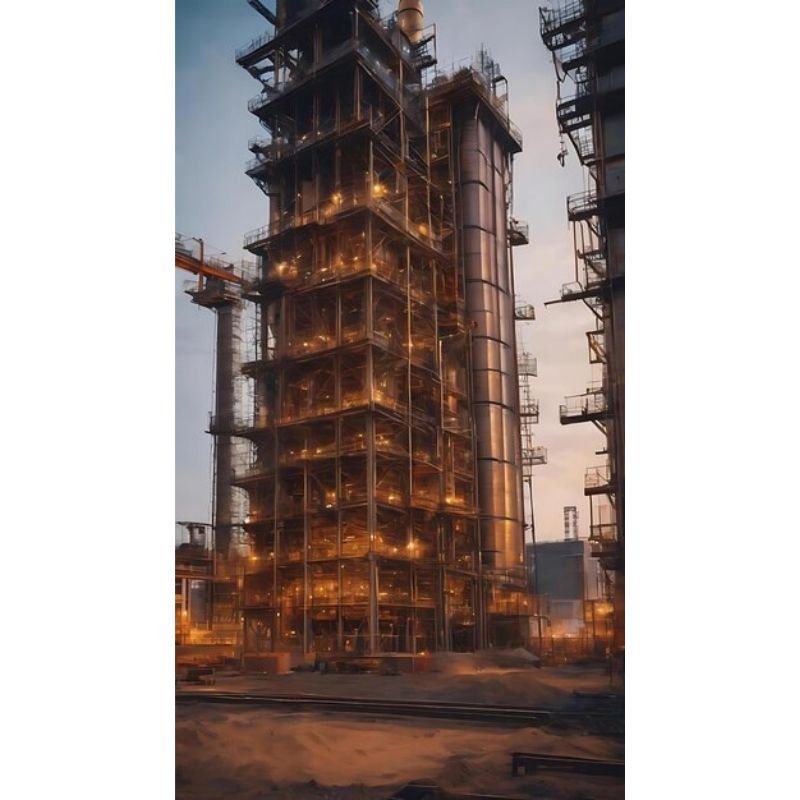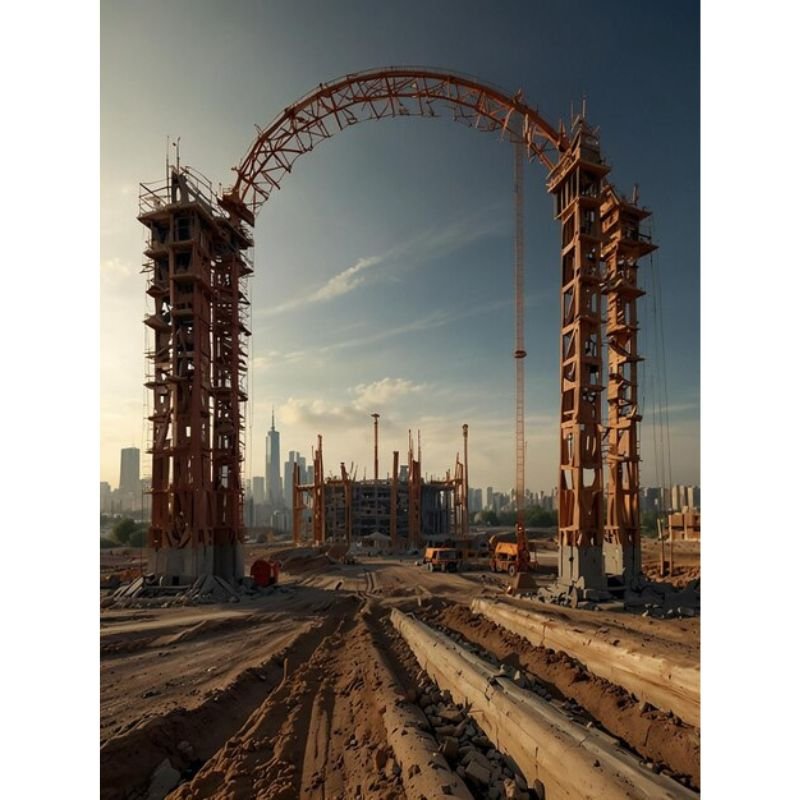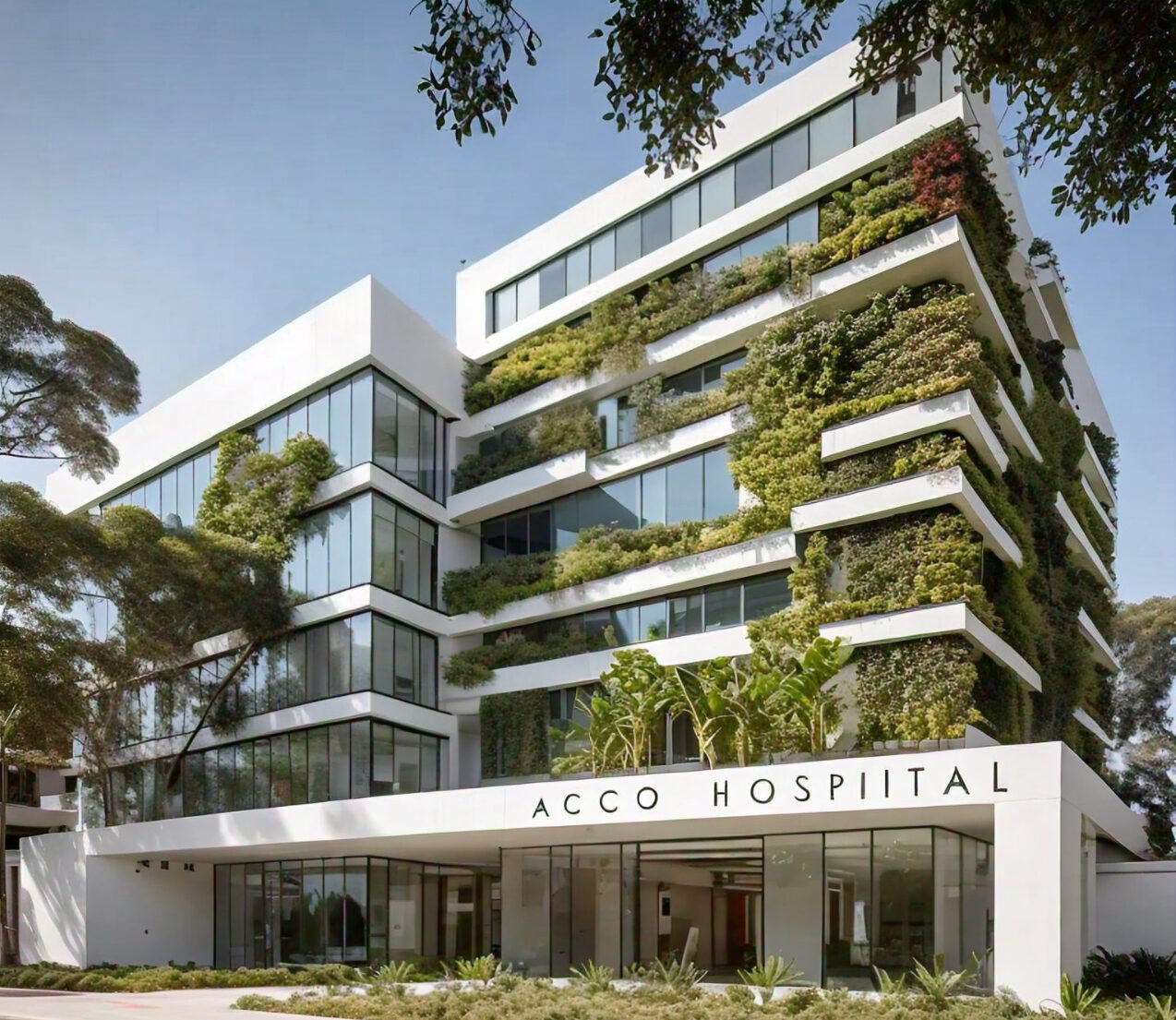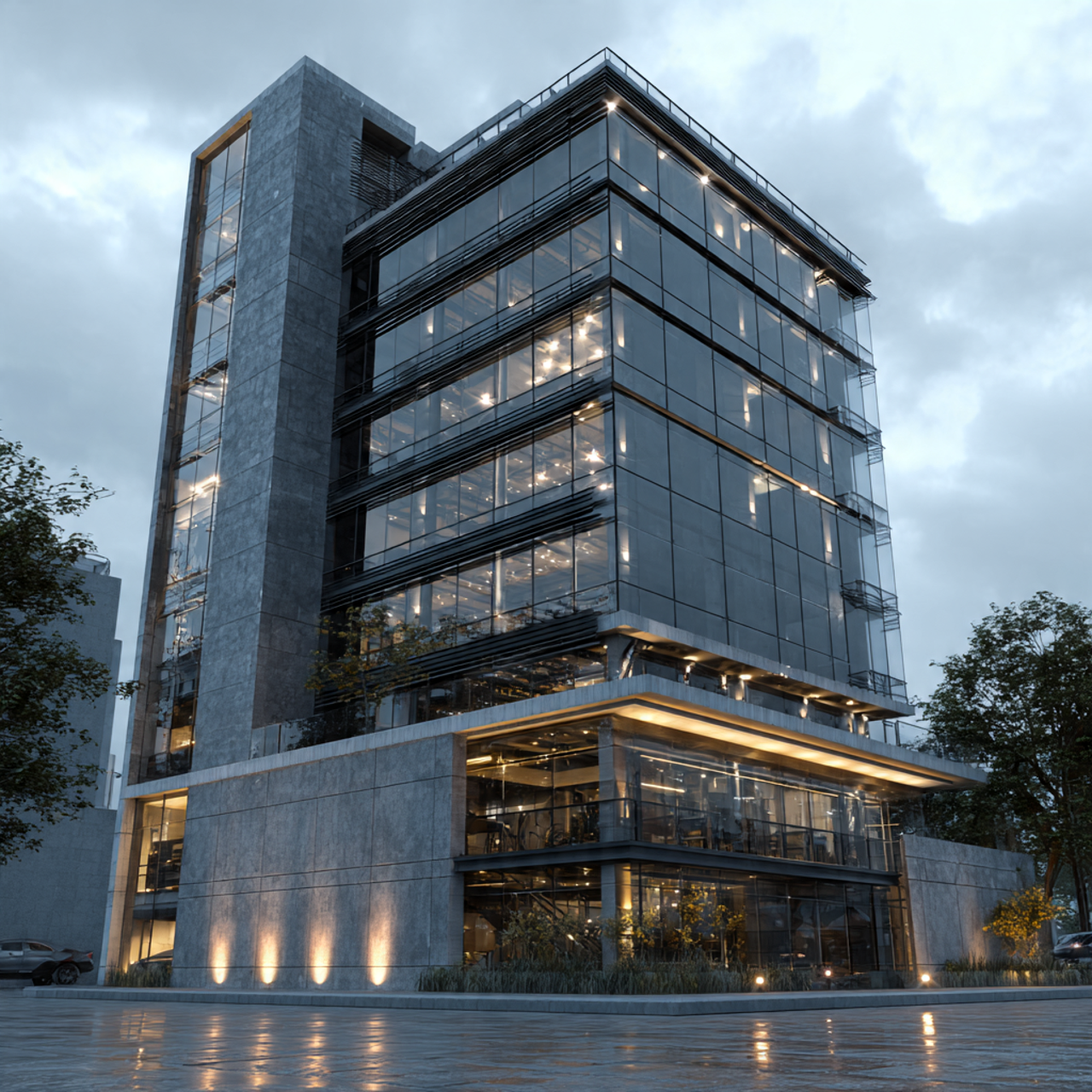
What Are the Challenges ACCO Faces in Industrial Construction in Pakistan?
| Main Topics | Subtopics |
|---|---|
| 1. Introduction | Overview of industrial construction in Pakistan and the role of ACCO in the sector. |
| 2. Political and Economic Instability | Impact of fluctuating political climates and economic uncertainty on industrial construction projects. |
| 3. Regulatory and Compliance Hurdles | Navigating complex regulatory frameworks, environmental regulations, and bureaucratic delays. |
| 4. Infrastructure and Logistics Challenges | Difficulties in accessing remote industrial sites and inadequate transportation networks. |
| 5. Shortage of Skilled Labor | Limited availability of qualified workers and skilled professionals for specialized industrial projects. |
| 6. Rising Construction Costs | The impact of inflation, material shortages, and fluctuating prices on project budgets. |
| 7. Supply Chain Disruptions | Challenges in securing timely delivery of materials and equipment due to global and local supply chain issues. |
| 8. Technological Limitations | Limited adoption of advanced construction technologies in Pakistan’s industrial sector. |
| 9. Safety and Security Concerns | Ensuring workforce safety in hazardous industrial environments and mitigating security risks in volatile areas. |
| 10. Environmental and Sustainability Issues | Struggles with adopting sustainable practices and meeting environmental regulations in industrial construction. |
| 11. Project Management and Coordination | Managing large-scale projects with multiple stakeholders and complex logistics. |
| 12. Client Expectations and Customization | Balancing client demands for tailored solutions with project constraints and timelines. |
| 13. Financing and Budgeting Difficulties | Securing funding for large-scale industrial projects amidst financial instability in the region. |
| 14. Competition in the Industrial Construction Market | Navigating a competitive landscape with local and international firms vying for major contracts. |
| 15. Technological Integration and Workforce Training | Training workers on new technologies and integrating advanced construction tools like BIM into projects. |
| 16. Strategies for Overcoming Challenges | ACCO’s approaches to mitigating these challenges, including strategic partnerships, innovation, and flexibility. |
| 17. Conclusion | Summary of ACCO’s resilience and ability to tackle challenges in industrial construction in Pakistan. |
1. Introduction
Industrial construction in Pakistan plays a critical role in the country’s economic development. With growing demand from sectors like manufacturing, energy, and pharmaceuticals, firms like ACCO (Allied Contractors Co.) are at the forefront of executing large-scale industrial projects. However, operating in Pakistan’s industrial construction sector comes with its fair share of challenges. ACCO, like many other contractors, must navigate numerous obstacles, from regulatory hurdles to economic volatility, to ensure the successful completion of industrial facilities.
2. Political and Economic Instability
One of the most significant challenges ACCO faces is the fluctuating political and economic landscape in Pakistan. Political instability often leads to sudden changes in government policies, affecting the construction sector. Industrial construction, in particular, requires long-term planning and investment, which becomes difficult when faced with abrupt policy changes or uncertainties.
Economic instability, such as currency depreciation or inflation, further complicates matters. These fluctuations can increase the costs of imported materials and equipment, impacting the overall budget and profitability of industrial projects. Additionally, financial uncertainty makes it difficult for companies to secure consistent funding for large-scale industrial ventures.
3. Regulatory and Compliance Hurdles
Navigating Pakistan’s complex regulatory landscape is another significant challenge for ACCO. Industrial construction projects must comply with a variety of regulations, including environmental laws, zoning requirements, and labor standards. The bureaucratic process of obtaining permits and approvals can be time-consuming and lead to delays in project execution.
Environmental compliance, in particular, is a growing concern as industries face increasing pressure to reduce their carbon footprint. Meeting these regulations often requires additional planning and investment, which can add complexity to the project.
4. Infrastructure and Logistics Challenges
One of the most pressing challenges in industrial construction in Pakistan is the lack of adequate infrastructure and logistical support. Many industrial projects are located in remote or underdeveloped areas with limited access to quality roads, transportation networks, and utilities. For ACCO, this means facing delays in the delivery of materials and machinery to the construction site, which can slow down progress.
In addition, insufficient public infrastructure can result in higher costs for transportation and logistics, as alternative solutions must be found to ensure that projects remain on schedule.
5. Shortage of Skilled Labor
Industrial construction projects require highly specialized skills in areas like structural engineering, heavy equipment operation, and electrical systems. However, Pakistan faces a shortage of skilled labor in the construction industry, which presents a major challenge for ACCO. Recruiting and retaining qualified workers for industrial projects can be difficult, and this shortage often leads to delays, increased labor costs, and potential quality issues.
ACCO must invest in continuous training and development to ensure that its workforce remains equipped with the necessary skills to handle the technical demands of industrial projects.
6. Rising Construction Costs
Rising construction costs are a significant challenge in Pakistan, particularly due to inflation and the fluctuating prices of raw materials such as steel, cement, and fuel. For ACCO, this increases the complexity of project budgeting and cost control. The volatile nature of these costs makes it difficult to estimate project expenses accurately, leading to potential budget overruns.
Additionally, any delays in construction timelines further escalate costs, putting pressure on the project’s financial viability.
7. Supply Chain Disruptions
Global and local supply chain disruptions have become more prevalent in recent years, and industrial construction projects are not immune to their effects. ACCO often faces challenges in sourcing essential materials and equipment on time due to delays in manufacturing, transportation bottlenecks, or import restrictions.
This disruption can lead to project delays and increased costs as contractors must seek alternative suppliers or pay premium prices to expedite deliveries. Supply chain issues also affect the quality of materials, as some products may not meet the required standards due to rushed manufacturing or handling.

8. Technological Limitations
While ACCO is committed to integrating advanced technologies into its industrial construction projects, the overall construction industry in Pakistan lags behind in adopting cutting-edge tools such as Building Information Modeling (BIM), drone surveying, and automated machinery. This technological gap can hinder efficiency and accuracy in construction processes.
Incorporating new technologies also requires significant investment in training the workforce, which presents a challenge in an industry already grappling with labor shortages and tight budgets.
9. Safety and Security Concerns
Industrial construction projects often involve working in hazardous environments with heavy machinery, toxic materials, and complex electrical systems. Ensuring the safety of the workforce is a top priority for ACCO, but maintaining stringent safety protocols in such environments can be challenging.
Additionally, industrial sites located in volatile or remote regions may face security concerns, including theft, vandalism, or even geopolitical risks. ACCO must invest in comprehensive safety measures and security protocols to mitigate these risks, which can add to project costs.
10. Environmental and Sustainability Issues
As environmental concerns grow globally, industrial construction projects are increasingly required to meet stringent sustainability standards. ACCO faces challenges in incorporating green building practices, reducing carbon emissions, and managing waste while still delivering cost-effective industrial facilities.
In Pakistan, where environmental regulations are becoming more rigorous, ACCO must strike a balance between meeting sustainability goals and managing project costs, particularly in sectors such as manufacturing and energy where traditional methods are still prevalent.
11. Project Management and Coordination
Large-scale industrial construction projects often involve multiple stakeholders, including clients, subcontractors, suppliers, and government agencies. Coordinating between these different parties can be a logistical challenge for ACCO. Managing timelines, ensuring consistent communication, and resolving disputes require robust project management systems.
Additionally, unforeseen issues, such as site conditions or regulatory changes, can lead to delays, requiring quick and effective solutions to keep projects on track.
12. Client Expectations and Customization
Industrial clients often have specific requirements tailored to their operational needs. ACCO must ensure that these demands are met while adhering to project constraints such as budget and timeline. This balancing act can be challenging, particularly when clients request customizations during the later stages of construction, which may require redesigns or modifications that affect both cost and schedule.
13. Financing and Budgeting Difficulties
Securing financing for large-scale industrial projects is a significant challenge in Pakistan. Economic instability and fluctuating interest rates make it difficult for clients to obtain long-term financing, which can delay project initiation or lead to budget shortfalls. ACCO must work closely with clients to ensure financial feasibility throughout the project lifecycle.
Budgeting becomes even more difficult with the rise in material costs and labor shortages, putting additional pressure on contractors to deliver projects within the agreed-upon financial constraints.
14. Competition in the Industrial Construction Market
The industrial construction sector in Pakistan is competitive, with both local and international firms vying for contracts. ACCO faces stiff competition, particularly from global players with access to more advanced technology and resources. Competing on price while maintaining high-quality standards is an ongoing challenge, as clients often prioritize cost-effectiveness in their contractor selection.
15. Technological Integration and Workforce Training
As technology continues to advance, ACCO must invest in training its workforce to handle modern tools and software, such as BIM, automated equipment, and project management software. This integration requires time and resources, as well as overcoming resistance to change among workers who are accustomed to traditional methods.
16. Strategies for Overcoming Challenges
To overcome these challenges, ACCO employs several strategies:
- Strategic Partnerships: Collaborating with international suppliers and local subcontractors to enhance resource availability.
- Technology Integration: Investing in technology to improve project management and efficiency.
- Workforce Training: Implementing continuous training programs to upskill workers and ensure compliance with the latest industry standards.
- Sustainability Initiatives: Adopting eco-friendly construction practices to meet regulatory requirements and client demands for green buildings.
- Risk Management: Developing contingency plans to mitigate delays due to supply chain disruptions, regulatory hurdles, or economic fluctuations.
17. Conclusion
ACCO faces numerous challenges in Pakistan’s industrial construction sector, ranging from regulatory compliance to labor shortages and rising costs. However, through innovation, strategic partnerships, and a commitment to quality and safety, ACCO remains resilient in tackling these obstacles. As the industrial landscape evolves, ACCO continues to adapt, ensuring that it remains a leading force in Pakistan’s construction industry.




